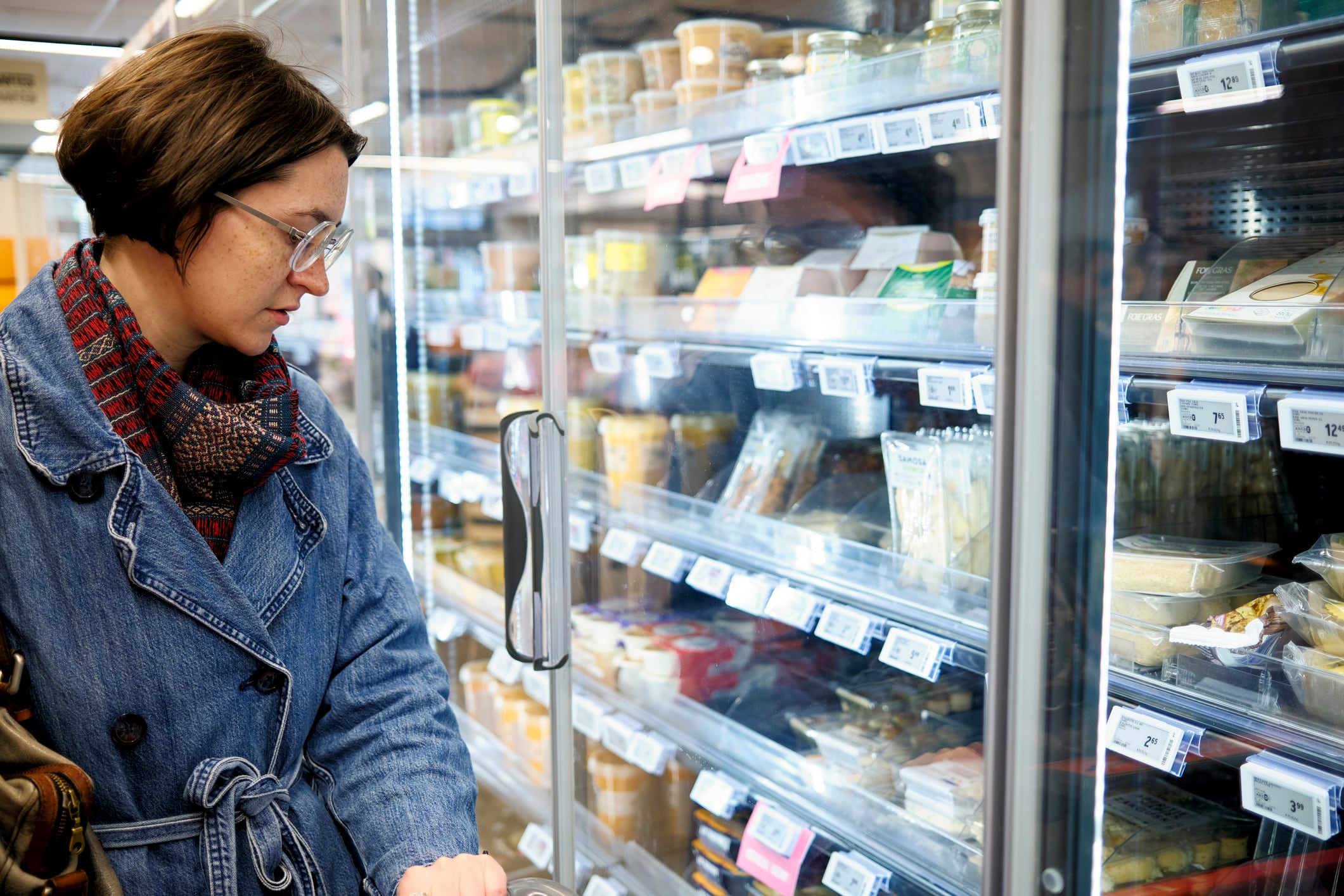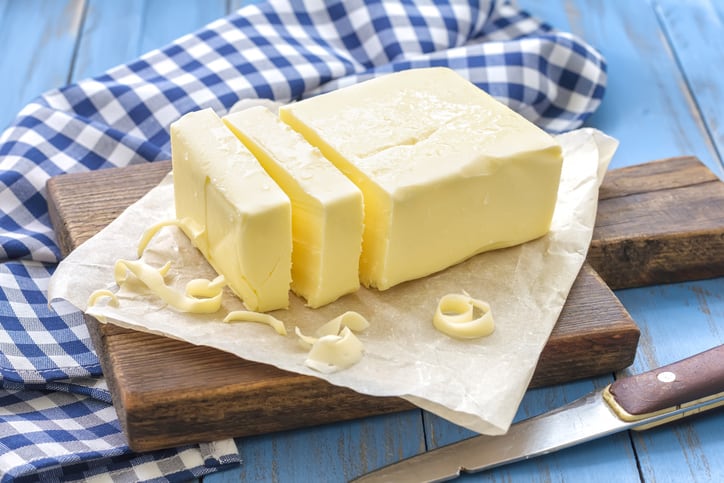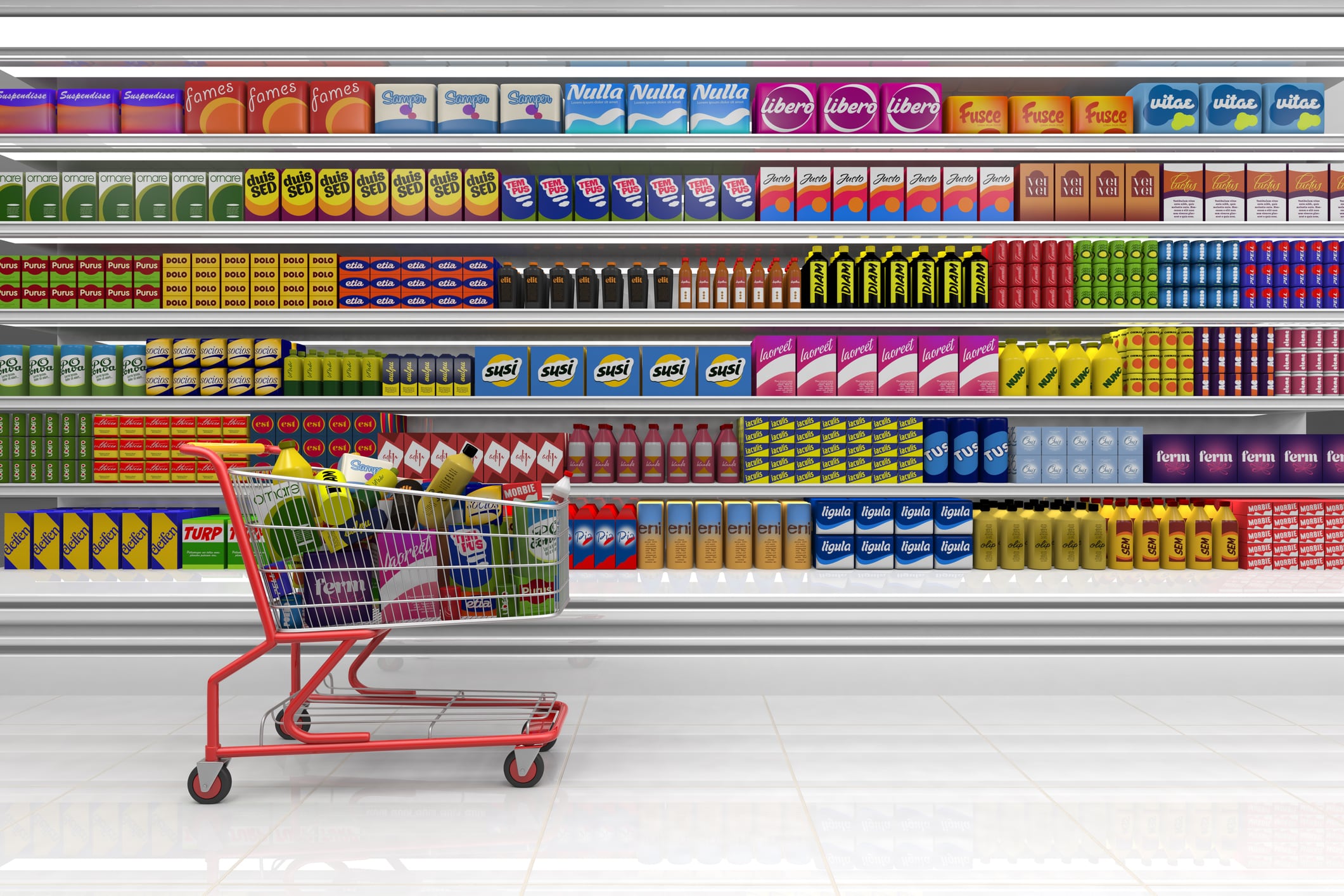Ingredient company Savor last week sampled a new kind of butter that skips the animal- and plant-inputs and is made directly from carbon, hydrogen and oxygen – offering a more Earth-friendly and supply-chain resilient option than existing options, but without compromising taste, texture or function.
“We like to say that butter is every chef’s best friend, and when we were thinking about where to start, butter really came to mind as this very special ingredient everybody loves. It is 80% to 85% fat. So, there wasn’t any better way for us to actually showcase” what Savor’s proprietary technology can do, Chiara Cecchini, vice president of commercialization at Savor, explained at Future Food-Tech in San Francisco.
She added Savor is working closely with select restaurants and bakeries, including Michelin-starred SingleThread, One65 and Jane the Bakery, to create flaky croissants, dairy-free chocolate bonbons, puff pastries and more.
But butter is just the beginning – Savor also is actively negotiating joint development agreements with some CPG companies to create customizable fats and oils using its proprietary technology, which can replicate the functional properties of cocoa butter, lard, beef tallow and liquid vegetable oils using different carbon sources and hybrid fatty acid blends that are more environmentally sustainable than those produced from animals and plants.
This go-to-market strategy will allow Savor to quickly enter the CPG market as well as food service with a B2B2C business model.
Creating butter from air
The foundation for each of these fats and oils is carbon, hydrogen and oxygen, which Cecchini notes Savor can pull from anywhere.
Savor transforms these components at the molecular level to create a type of wax that it further manipulates with high heat and pressure to create fatty acids and triglyceride blends that are the “building block of any kind of fat or oil,” Cecchini explained.
“We have this library of those fatty acids, and then we can take those and build whatever we want to. And so, we can build a formulation that is based on the specific needs that a specific partner has in terms of performance,” she added.
For the butter, Savor used point-captured carbon dioxide, green hydrogen and methane, but it is testing other sources for other fats and oils.
“We are currently working with a series of brands that right now are using smaller quantities of materials to do trials internally,” she noted.
Savor hits major production and regulatory milestones
Savor recently opened a new 25,000-square-foot pilot production facility in Batavia, Ill., which will allow it to scale to yearly metric tons.
It also recently expanded its R&D capabilities at its San Jose headquarters to further foster relationships with CPG brands and chefs as they develop new products with the company’s carbon-based fats and oils.
As chefs and CPG brands explore the culinary potential of Savor’s proprietary technology, the ingredient company is seeking a “no questions” letter from FDA following completion of its self-affirmed GRAS (generally recognized as safe) dossier, which allows for legal sales in the US market.
Savor reports it has had pre-notification meetings with FDA regarding its GRAS status and plans to file regulatory applications in other regions following its US submission.
‘This company is a radical climate company’
Bypassing agricultural inputs allows Savor to produce fats and oils with “almost a carbon neutral footprint,” and address significant supply chain challenges currently facing the industry, Cecchini said.
“This company is a radical climate company. We really started with that angle in mind. We all know the food system has a huge toll on the planet when it comes to greenhouse gas emissions. A fourth of the emissions that we make as a human species comes from the food industry,” and 7% of global greenhouse gas emissions come from fats and oils, she explained.
Savor claims to offer a more than 70% carbon reduction opportunity by offering an alternative source for ingredients with historically detrimental production processes, such as palm oil.
“The goal here is to go from something that is a major cause of deforestation and biodiversity loss to something that actually uses what we have in abundance, like carbon,” Cecchini said.
Savor offers supply chain relief
Savor’s technology also could reinforce supply chains that currently are strained by geopolitical pressures and climate change, Cecchini said.
For example, the war between Ukraine and Russia is restricting production of sunflower oil and climate change in West Africa is decreasing the amount of cocoa butter available – both of which contribute to price increases, she said.
Likewise, Savor’s technology could allow for domestic production of tropical fats and oils, potentially allowing manufacturers to avoid financial fallout, including higher prices, from tariffs threatened by the Trump administration.
It also offers an alternative source for high functioning ingredients that some retailers and governments have banned or limited in response to deforestation and other social pressures, Cecchini said.
“We think we can really bring to the table something that does alleviate the depth of that pressure. We don’t think there is one single solution. We don’t think palm is going to disappear or cocoa is going to disappear, but the reality is we have increase in demand and we have a shrink in supply,” Cecchini said. “There is a gap that has to be filled by someone, and we think we are very well positioned to at least take part of that gap to help the whole ecosystem.”
Videograph, editing and production by Caroline Rude



